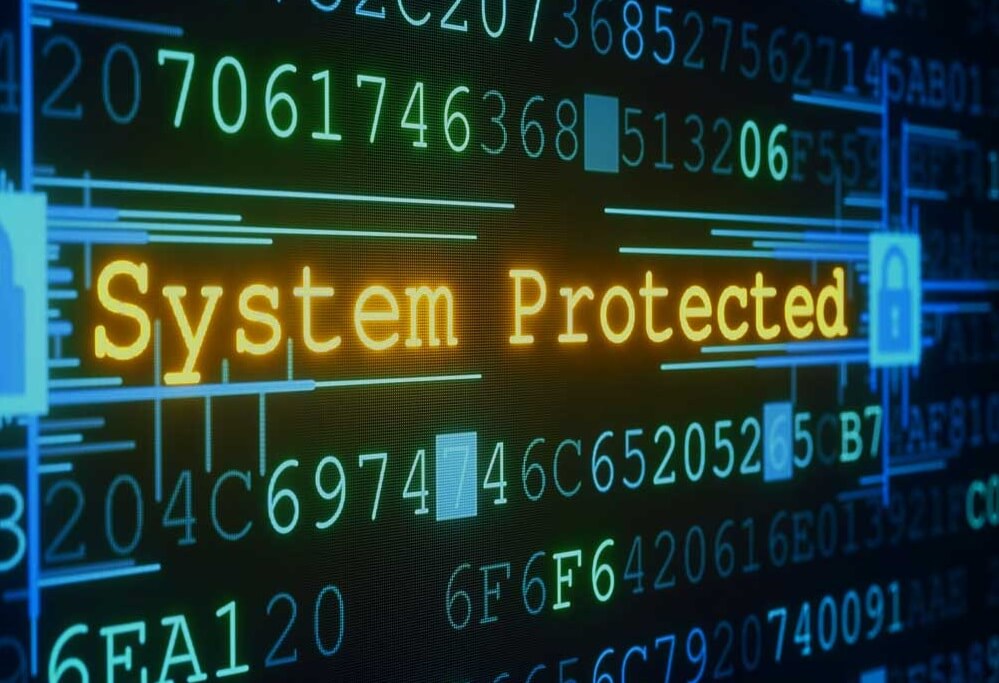How To Know If Your Computer Has A Virus: 8 Signs Of Infection
In today’s digital age, computer viruses, and malware pose a significant threat to our devices and personal information. These malicious programs can cause a range of issues, from slowing down your computer’s performance to compromising sensitive data. Detecting a computer virus early is essential to mitigate potential damage and prevent further infection. In this article, we will explore 8 common signs that may indicate your computer has been infected with a virus. By being aware of these warning signals and taking prompt action, you can safeguard your computer and maintain its optimal performance.

- Slow Performance: A sudden decrease in your computer’s speed and responsiveness could indicate that a virus is consuming system resources. Malicious software running in the background may cause your CPU and RAM usage to spike, leading to slow performance. Additionally, if your hard drive activity light is constantly blinking even when you’re not using any applications, it could be a sign of malware activity.
- Unusual Pop-ups and Ads: Adware and browser hijackers are common types of malware that bombard users with intrusive pop-up ads and banners. If you encounter an excessive number of pop-ups, especially when visiting legitimate websites, it is likely that your computer has been infected. These ads often lead to suspicious websites or attempt to trick you into installing more malware.
- Unexpected Crashes or Freezes: Viruses can disrupt the stability of your operating system, leading to unexpected crashes or freezes. If your computer frequently becomes unresponsive or restarts without warning, it could be an indication of malware interfering with critical system processes.
- Strange System Behavior: Malware can alter system settings, tamper with critical files, or create new files and folders. If you notice files disappearing or appearing seemingly out of nowhere, icons changing, or settings being modified without your knowledge, it could be a sign of a virus infection.
- Antivirus Warnings: Modern antivirus software often detects and alerts users to the presence of malware. If your antivirus program sends out warnings about infected files or malware threats, take immediate action to quarantine or remove the malicious software.
- Unfamiliar Programs or Toolbars: Malware might install unwanted programs, toolbars, or browser extensions on your computer. These unfamiliar additions may lead to unwanted browser redirects, search engine changes, or even facilitate more severe malware attacks.
- Changes to Browser Settings: Browser hijacking malware can modify your web browser’s settings without your consent. These changes may include altering the homepage, default search engine, or new tab page. If your browser behaves unexpectedly or displays suspicious search results, your computer may be infected.
- High Network Activity: Malware often communicates with its command-and-control server over the internet. If you notice a significant increase in network activity, especially when you are not actively using the internet, it could indicate that a virus is sending out information or downloading additional malicious components.
What to Do if You Suspect a Virus Infection:
- Update Your Antivirus: Ensure your antivirus software is up to date and perform a full system scan to identify and remove any malware.
- Disconnect from the Internet: If you suspect an infection, disconnect your computer from the internet to prevent further data loss or unauthorized access.
- Install Malware Removal Tools: Consider using reputable malware removal tools to scan and clean your system thoroughly.
- Be Cautious with Emails and Downloads: Avoid opening suspicious email attachments or downloading files from untrustworthy sources.
- Backup Important Data: Regularly back up your essential files to an external storage device or a secure cloud service to protect against data loss due to malware.
- Seek Professional Help: If you are unsure about how to handle the virus infection or suspect a severe threat, consult a professional computer technician for assistance.
By being vigilant and proactive, you can protect your computer from potential virus infections and keep your data safe. Regularly update your software, exercise caution when browsing the internet, and maintain a reliable antivirus program to minimize the risk of malware attacks.
